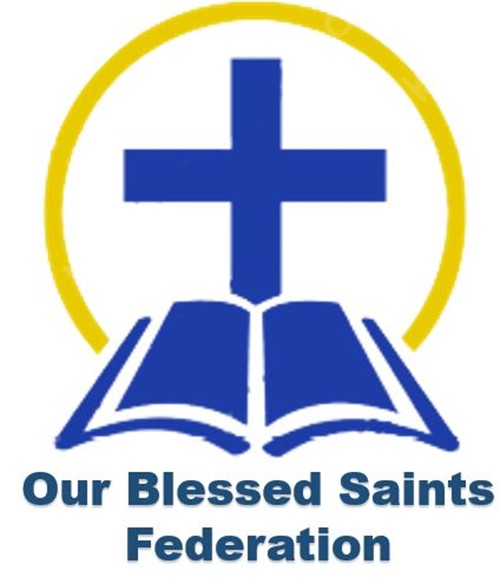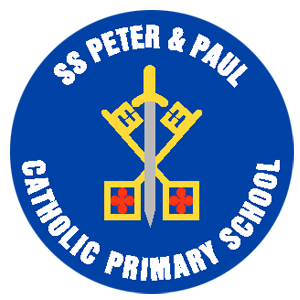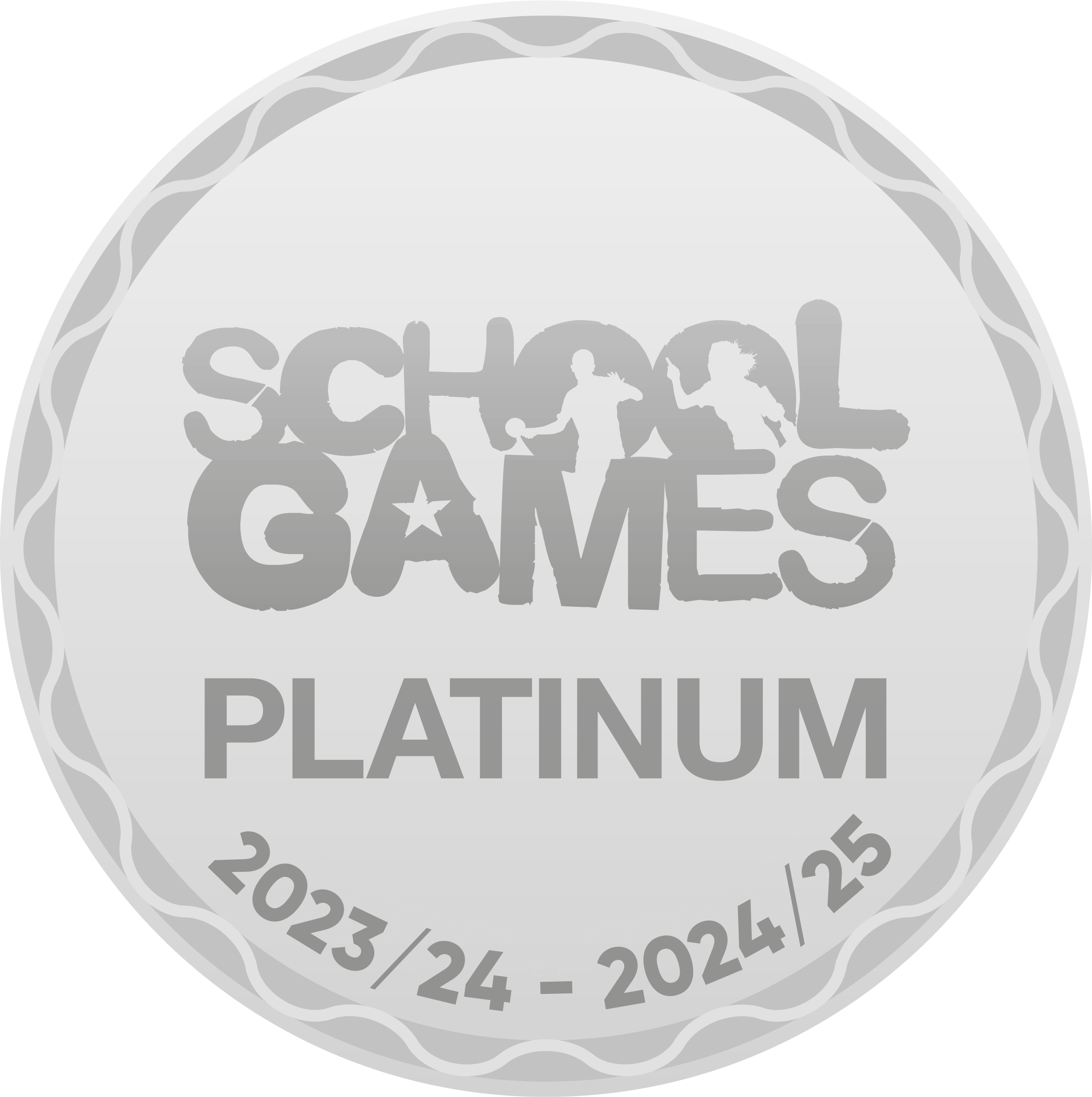Intent
At SSPP, we want our children to be able to speak and write fluently in order to share their ideas and emotions with others. Across each year pupils will have opportunities to write fictions, non-fiction and poetry which allows them to develop their grammatical knowledge and apply their broadening vocabulary.
Pupils should read a wide range of texts for pleasure in order to develop culturally, emotionally, intellectually, socially and spiritually. This will then allow them to become curious and competent writers that can communicate confidently and effectively. Thus allowing them to become successful global citizens.
IMPLEMENTATION
The Long Term Plan will be used by teachers to organise regular, repeated opportunities to develop text types from the 4 purposes. The text types then align with mini-adventures as seen in class yearly overviews.
The following overview shows the purpose for writing that should be covered across each of the two years and potential written outcomes for staff to consider when creating their medium term plans.
English sessions take place daily with grammar taught as part of a unit where the specific features align (e.g. expansion of nouns using adjectives or adjectival phrases when producing a piece of descriptive writing for a narrative).
These key concepts underpin learning in year groups and are repeated over and over. This enables pupils to reinforce and build upon prior learning, make connections and develop subject specific language.
IMPACT
Through proof of ‘golden opportunities’, cross-curricular writing, summative assessments termly, phonic checks and in class formative assessment, pupils are given different opportunities to show what they know (not just from the lesson but what they can recall over time).The impact of our writing curriculum will see pupils leave primary school secondary ready, with skills they can build upon in order to make the successful citizens. The impact evidence is seen through children, in pupil voice meetings, talking about their love of writing and reciting, performing, the quality of teaching across the school and the commitment to writing for purpose within the wider curriculum and community (book looks with the pupils and teachers). Phonics data is above national average and county results. For 2019, EYFS ELG data shows Key Stage 1 results show that data is above national and county averages in writing. KS2 writing results are rising over time. (Current in year targets and expectations are found in the School Evaluation Form and School Development Plan)
Characteristics of a Writer
- The ability to write fluently and with interesting detail on a number of topics throughout the curriculum.
- A vivid imagination which makes readers engage with and enjoy their writing.
- A highly developed vocabulary and an excellent knowledge of writing techniques to extend details or description.
- Well-organised and structured writing, which includes a variety of sentence structures.
- A curiosity of language and word origins
- Excellent transcription skills that ensure their writing is well presented and punctuated, spelled correctly and neat.
- A love of writing and an appreciation of its educational, cultural and entertainment values
Progression across the school
Writing genre Long term overview 2024-25.pdf
SSPP Genre progression grids 2024-25.pdf
What is SPaG?
SPaG stands for Spelling, punctuation and grammar.
Spelling lessons start once the children have finished the Essential Letters and sounds phonics programme.
Grammarsaurus- Place Value of Punctuation and Grammar 2024
This academic year we are using Grammarsaurus Place value of Punctuation and Grammar as a whole school approach to enhance SPAG across the school, close gaps in spelling and grammar and ensure all children are confident in using and applying grammatical terms in their writing.
Whole-School-Spelling-Progression-Overview
Here is a SPaG glossary that helps to explain some of the terminology that adults and children use in the lessons.
Vocabulary-English-Prefixes-and-Suffixes
What is expected for my child’s year group?
The expectations for assessment are set out in the documents below. To be working at age-related expectations, we have agreed that all of the targets need to have been met by the child by the end of the school year, with the red underlined targets as especially important.
Writing target sheets:
Year 1 NE writing Year 2 NE writing Year 3 NE writing Year 4 NE writing Year 5 NE writing Year 6 NE writing









